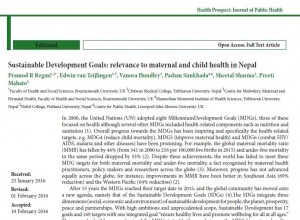
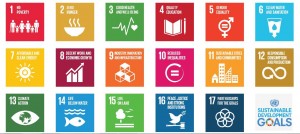 Since late 2015 the world strives to achieve towards the Sustainable Development Goals (SDG). The SDGs bring together the social, economic and environmental aspects of development. There are 17 SDGs sub-divided into 169 targets. One of these 17 goals focuses specifically on health, namely to “ensure healthy lives and promote wellbeing for all at all age”. SDG devotes 13 health-related targets to diverse population health and wellbeing issues including maternal and child health, communicable disease including HIV, non-communicable diseases, substance use, traffic accidents, universal access to sexual and reproductive health, and sanitation.
Since late 2015 the world strives to achieve towards the Sustainable Development Goals (SDG). The SDGs bring together the social, economic and environmental aspects of development. There are 17 SDGs sub-divided into 169 targets. One of these 17 goals focuses specifically on health, namely to “ensure healthy lives and promote wellbeing for all at all age”. SDG devotes 13 health-related targets to diverse population health and wellbeing issues including maternal and child health, communicable disease including HIV, non-communicable diseases, substance use, traffic accidents, universal access to sexual and reproductive health, and sanitation.
Nepal is one of the many countries that have signed up to the SDGs. This week BU researchers Dr. Pramod Regmi, Prof. Vanora Hundley, Prof. Edwin van Teijlingen, FHSS, PhD students Sheetal Sharma and Preeti Mahato, and BU Visiting Faculty Prof. Padam Simkhada (Liverpool John Moores University) published an editorial under the title ‘Sustainable Development Goals: relevance to maternal & child health in Nepal’ [1]. This editorial written by health researchers working in Nepal highlights some of the weaknesses in the country’s health care system. These key problems include the persistence of inequalities in health and the limited access to health services and the low uptake of care in many poorer populations especially in the more remote rural regions. For instance, only about one in nine of the poorest women deliver their babies with the aid of a skilled birth attendant (SBA), whilst 81.5% for the richest women benefit form a SBA. Therefore, this editorial stresses the need for a continuum of health care services to be available across the country and for all sections of the society. Moreover, we can only assess whether a country has reached all or any of the SDGs if there is systematic monitoring and regular review of interventions at all levels. Hence, Nepal should develop measureable and time-bond indicators to track its progress towards the SDGs. The country will need support from development partners in both its attempts to achieve the SDGs as well when it tries to collect and analysis data to assess its progress.
Prof. Edwin van Teijlingn
CMMPH
Reference:
- Regmi, P., van Teijlingen, E., Hundley, V., Simkhada, P., Sharma, S., Mahato, P. (2016) Sustainable Development Goals: relevance to maternal & child health in Nepal. Health Prospect 15(1):9-10. healthprospect.org/archives/15/1/3.pdf
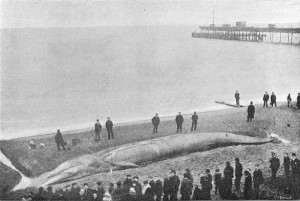


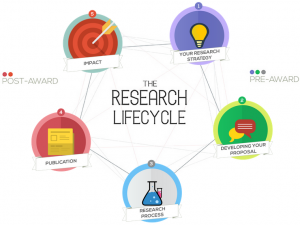



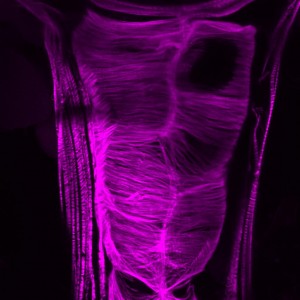
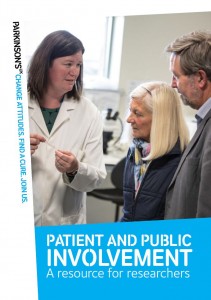
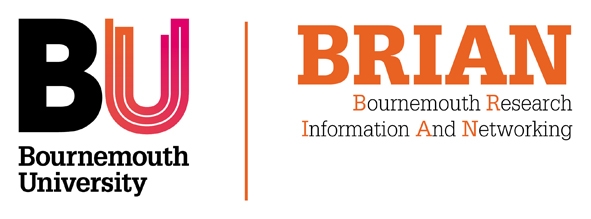







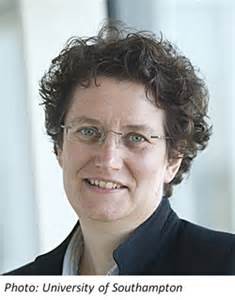

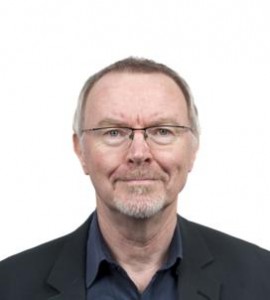











 April’s Café Scientifique – Should we help machines understand and respond to our emotions?
April’s Café Scientifique – Should we help machines understand and respond to our emotions? Postgraduate Research Experience Survey (PRES) 2024 – 2 WEEKS LEFT
Postgraduate Research Experience Survey (PRES) 2024 – 2 WEEKS LEFT Working with The Conversation: online training session – Wednesday 8th May
Working with The Conversation: online training session – Wednesday 8th May Apply for up to £1,000 to deliver an event and take part in a national festival of public engagement with research
Apply for up to £1,000 to deliver an event and take part in a national festival of public engagement with research MSCA Postdoctoral Fellowships 2024
MSCA Postdoctoral Fellowships 2024 Horizon Europe News – December 2023
Horizon Europe News – December 2023